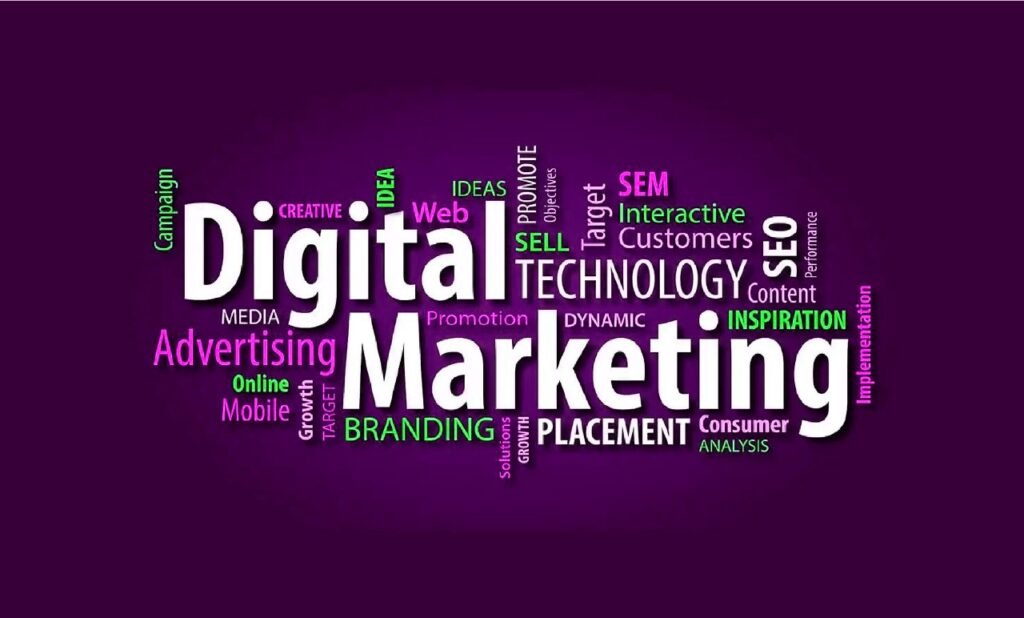Artificial Intelligence (AI) is transforming everything from business operations to communication. Let’s examine the true nature of artificial intelligence, its operation, and the reasons it is influencing almost every business going forward.
What is Artificial Intelligence?
The ability of software and robots to simulate human intelligence is known as artificial intelligence. Learning from facts, comprehending language, identifying patterns, and even making decisions are all included in this.
Important AI Aspects:
1) Algorithms that enable systems to learn and get better with experience are known as machine learning (ML) algorithms.
2) Machines can comprehend and react in human language thanks to natural language processing, or NLP.
3) Machines can “see” and understand visual data with the aid of computer vision.
4) Robotics: combines mechanical systems and artificial intelligence to carry out intricate tasks.
A Brief History of AI
- 1950s: Alan Turing proposed the Turing Test.
- 1956: The term “Artificial Intelligence” was coined at the Dartmouth Conference.
- 1980s-2000s: Slow but steady progress with expert systems and neural networks.
- 2010s-Present: Rise of deep learning, big data, and AI-driven applications.
How AI Works: A Simple Explanation
- Data Collection: AI systems learn from large datasets. This is a basic explanation of how AI operates.
- Training methods: A variety of methods are used to train models using data.
- Pattern Recognition: The system recognizes correlations and patterns.
- Making Decisions: AI makes predictions or decisions based on data it has learned.
Applications of AI in Real Life
1. Healthcare
- Disease diagnosis using AI imaging.
- Drug discovery and personalized treatment plans.
2. Finance
- Fraud detection.
- Algorithmic trading and customer support bots.
3. Education
- Smart tutoring systems.
- AI-powered personalized learning experiences.
4. E-commerce
- Product recommendations.
- Chatbots for customer service.
5. Transportation
- Self-driving vehicles.
- Traffic prediction and logistics optimization.
Benefits of Artificial Intelligence
- Efficiency and Automation: Reduces manual labor and speeds up activities.
- Data-Driven Decisions: Provides information gleaned from extensive datasets.
- Machines are available around-the-clock and don’t require breaks.
- Customization: Improves the user experience on all platforms.
Conclusion
Artificial intelligence is a disruptive force that is changing economies, society, and industries. It is not merely a passing fad in technology. AI is changing the capabilities of machines, from allowing life-saving medical improvements to streamlining daily tasks with smart assistants. AI is undoubtedly here to stay as businesses use it to increase productivity and decision-making. But enormous power also comes with immense responsibility. To make sure AI serves everyone equally, we must address ethical issues including bias, data privacy, and the effect on jobs. It is essential to make investments in responsible development, open policies, and AI education. Human-machine cooperation has enormous potential to improve our capabilities rather than replace us. Adopting AI with consciousness and responsibility will be the key to the future.
The Complete Manual for Novices and Companies
Introduction: What is Digital Marketing?
Digital marketing is the practice of promoting or selling goods and services through digital platforms, channels, and technology. It encompasses a variety of online marketing strategies, including paid advertising, social media, email marketing, SEO, and content production.
Businesses of all sizes must use digital marketing to remain competitive and relevant in today’s digital-first environment.
Why is Digital Marketing Important?
- Greater Reach: Reach people all around the world for a fraction of the price of conventional marketing.
- Cost-effective: Stay within your budget while running focused marketing.
- Measurable Outcomes: ROI and performance can be monitored with real-time statistics.
- Increased Engagement: Communicate with clients via email, social media, and tailored content.
- Reach users when they are most likely to make a purchase to increase conversion rates.
Core Components of Digital Marketing
1. Search Engine Optimization (SEO)
Optimizing your website to rank higher on search engines like Google is known as SEO. Backlink building, on-page optimization, keyword research, and enhancing website speed and mobile usability are all included.
2. Content Marketing
Producing worthwhile and pertinent information in order to draw in and keep a specific audience interested. Podcasts, eBooks, infographics, films, and blogs are examples of common forms.
3. Social Media Marketing (SMM)
Promoting your brand on social media sites like Twitter, Facebook, Instagram, and LinkedIn in order to interact with audiences, create connections, and increase website traffic.
4. Pay-Per-Click (PPC) Advertising
You can swiftly get your business in front of the correct audience with paid campaigns like Google Ads and Facebook Ads.
5. Email Marketing
One of the most economical approaches. Utilize email to provide tailored messages to consumers, nurture leads, and advertise products.
6. Influencer Marketing
Partnering with influencers or creators to reach a broader audience and build trust in your niche market.
7. Affiliate Marketing
A performance-based strategy where affiliates earn commissions for promoting your products.
How to Build an Effective Digital Marketing Strategy
- Define Your Goals – Know what you want: brand awareness, leads, or sales.
- Identify Your Target Audience – Use data to understand who your customers are.
- Select the Right Channels – Not all platforms work for every business. Choose wisely.
- Create Quality Content – Valuable, consistent, and engaging content drives results.
- Measure & Optimize – Use tools like Google Analytics to track, analyze, and refine.
Conclusion
Digital marketing is becoming a need rather than a choice. A strong digital marketing plan may improve your brand, draw clients, and increase revenue for any size business, whether you’re a startup, independent contractor, or multinational corporation.
Begin modestly, track your progress, and continue to change with the times. Innovation and consistency are rewarded in the digital world.






